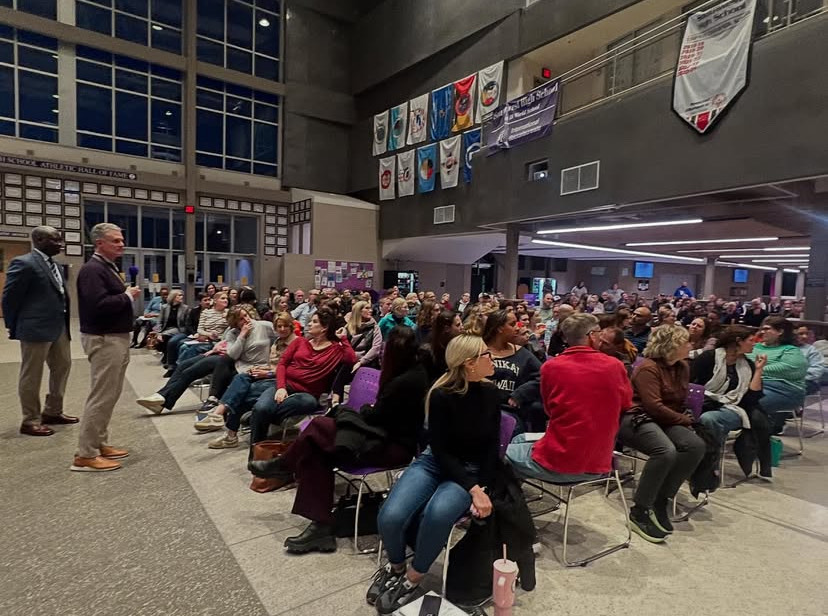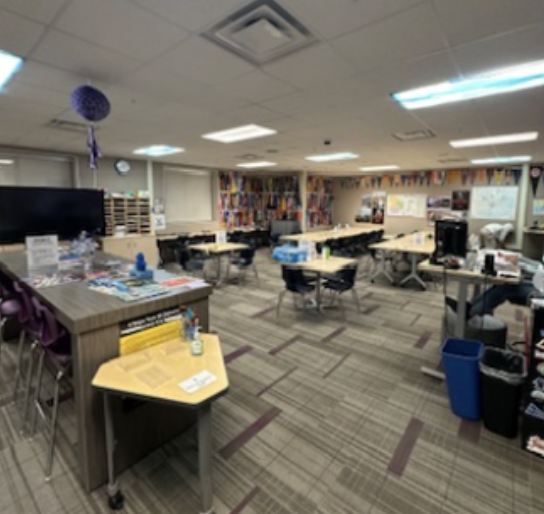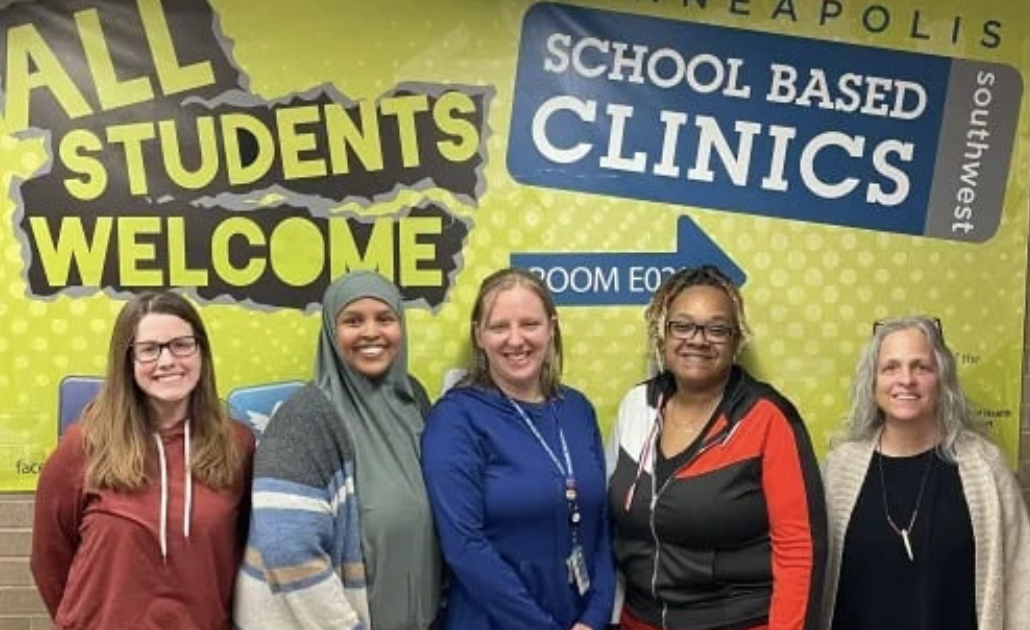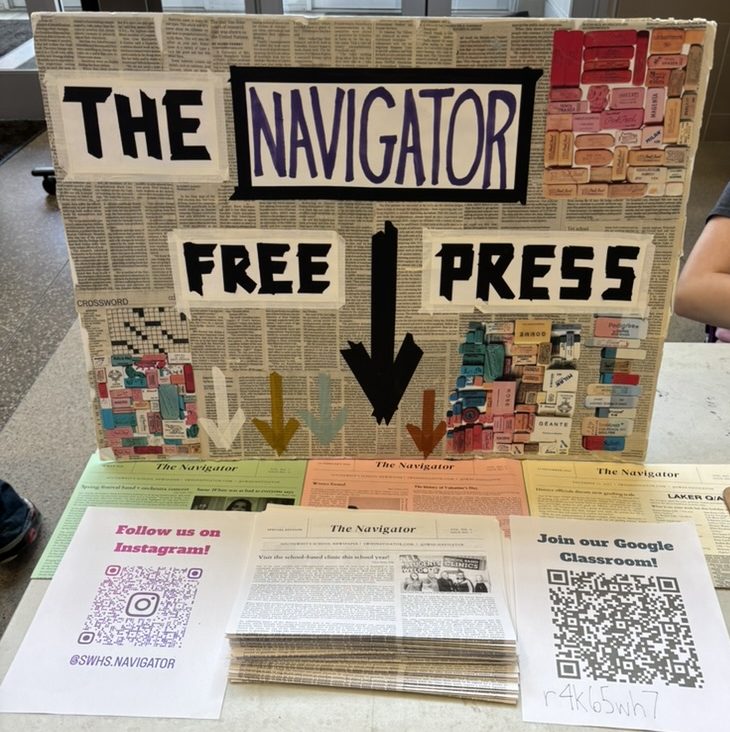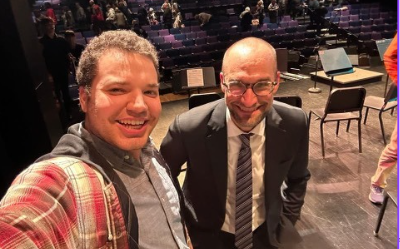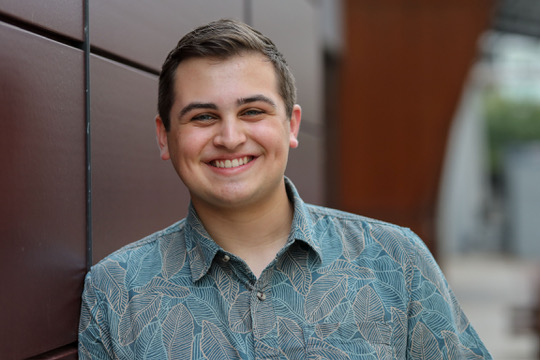One of the races on this November’s ballot is a close contest between Lara Bergman and Greta Callahan to represent District Six on the Minneapolis school board. Here’s what you need to know about the candidates and their stances on important issues. The Navigator emailed both candidates and has pulled other information from local media interviews and a September town hall featuring both candidates.
Lara Bergman has a background in early childhood and Montessori education. She taught in early childhood classrooms for 15 years and has recently worked for the MN Department of Human Services focusing on improving the early childhood system. She has leadership experience on the Armatage PTA, the Armatage neighborhood association, and on the board of a St. Paul Montessori preschool. She attended South High and her children attend Armatage.
Greta Callahan’s background is in elementary education and union leadership. She taught kindergarten at Bethune Arts Elementary in Minneapolis where she was a finalist for Minnesota Teacher of the Year. She was then the president of the teacher chapter of MFT (MPS teachers’ union) for several years, including during the 2022 strike. She has additional union experience with Education Minnesota and AFL-CIO. She attended MPS through 8th grade and her son recently graduated from Southwest.
Notable endorsements for Bergman include Minneapolis city council members Linea Palmisano and Andrea Jenkins as well as school board members Joyner Emerick and Sharon El-Amin. Callahan won the DFL endorsement in a close vote (both candidates sought this endorsement) and is also endorsed by MFT and several other labor unions. U.S. Representative Ilhan Omar, seven Minneapolis city council members, and the outgoing incumbent Ira Jourdain have also endorsed her.
The hot topic in the race is the budget crisis that the district is facing. The candidates agree that we need to focus on increasing our revenue. Bergman told the Navigator that “we need to be thoughtful about how to increase enrollment by providing the programs that will make families and students excited to come to MPS, like early childhood education and dual language, and that’s where listening to the community is really important.” Callahan told us that her focus is on “retaining families and increasing enrollment,” pointing out that 42% of MPS-eligible students go elsewhere for school. She said that gives us a “huge opportunity to increase enrollment and therefore, revenue. MPS should be fighting for that 42%.” One way she would achieve this is by “redrawing some of [the boundaries created by the CDD] and relaxing restrictions on enrolling in Minneapolis public schools outside of those neighborhood boundary lines.”
However, they both understand that reducing costs will be necessary too. Bergman criticized previous boards for their lack of action to solve the situation, pointing out that “costs continue to increase and revenue continues to decrease.” She said, “We need to take a close look at how to reduce [salaries and benefits expenses] so that the district can be financially sustainable . . . we also need to consider if continuing to staff and maintain half-full buildings is the best use of our funds . . . it is critical to face the persisting budget deficits of this district with an eye towards maximizing the limited funds we do have.” Callahan said, “by considering each program and its merits we can refocus the conversation from closing schools to cutting costs, consolidating, ending duplicate work, increasing revenue, and refocus the school community’s priorities…the answer is going to be complex, multi-faceted, and brave. I hope to lead those discussions to make sure students and families are centered.”
Potential school closures are a big part of this budget discussion. Callahan told us that she has “never uttered the words ‘we need to close schools’ because that would be malpractice without having the answers to the following questions.” Those questions involve how much money would be saved from closing the school, how many students we plan on retaining if that school is closed, and how many new students would need to enroll in that school for it to stay open. “These are reasonable, pragmatic, essential questions to have answered before saying words that carry an immense amount of weight–words that have a chilling effect and cause more families to leave the district,” she said, adding that previous MPS school closures have “upended communities and disrupted learning, while not saving a lot of money.”
Bergman, generally speaking, has been more open to school closures, while still encouraging a thoughtful approach. At the town hall, she said, “The only way we are going to be able to provide enough support in buildings to students and educators is to consolidate some buildings.” In an interview, she said, “I don’t want to close schools. But we are in a moment where previous boards have kicked the can down the road for so long that it might be one of our best options to get through this time.” She says that this will free up funds to improve programming in the district and stop us from “spreading our resources too thin.” If it is determined that closures are necessary, Bergman said she “wants to be sure we are out in the community explaining what will be gained by consolidating programs…I’m committed to listening to everyone and having their perspective reflected in the decisions made by the board.”
Another talking point in the race surrounds each candidate’s past experiences with the district. Callahan often highlights her pre-existing relationships with the school board, administrators, and teachers as a strength that would allow her to have a more effective understanding of the district and have a running start on the board. Bergman, on the other hand, says she brings a fresh perspective and open mind and is “beholden to no one except our children,” also highlighting her experience at the state capitol and her community connections.
The Navigator asked both candidates how they would support the extremely underfunded arts departments across the district. Callahan pointed to her previous experience fighting for the arts in MPS, saying “I helped Bethune become an arts integration school, I fought against the cutting of Southwest’s additional band and choir teachers prior to the pandemic. The arts keep kids in school, attract new families, and make the world a better place.” She also mentioned her existing relationships with music/art teachers in MPS and said she “will continue to trust them about what needs must be met.” On the school board she would “increase guaranteed programming when it comes to the arts . . . this essentially would mean that MPS is making a promise to families when it comes to these offerings.” She also said the district should provide funding for curriculum such as music scores, Phy Ed equipment, library books, and art supplies. Bergman shared her personal experience with the arts, saying, “I’m a band kid that went on to double major in art and theater in college, so I personally understand why strong arts programming is an essential part of the education we offer,” continuing, “I want to be able to support robust arts programs in every school and invest in world-class, intensive arts programming as part of our magnet schools that are available for kids across the city. In Minneapolis, we also have potential partners in all of the incredible arts organizations in our city that I believe could come up with some really innovative ways to make that dream a reality.”
Finally, The Navigator asked what policies of theirs would impact our everyday experiences at Southwest. Callahan focused on a proposed change to the budgeting process as the current system gives school administrators almost full control over how they spend their budget. She says revisions to this system will make “educational pathways [more] consistent and stable for students throughout their education.” Taking away some of that discretion would “ensure students have access to enrichment pathways that would include arts, librarians, music (band/choir),” she said. She would also focus on lowering class sizes and increasing staffing stability. Bergman focused on how she would improve engagement with high school students. She said, “Our district and school board should always be working to engage more of our high school students to learn about what their day-to-day experiences are like in our schools. I look forward to hearing from students at Southwest about what they want and need as part of their education.”
The election is on November 5th. Voters will choose between Bergman and Callahan for District Six and between Kim Ellison and Shayla Owodunni in an at-large race. Check out Minneapolis Schools Voices and the Sahan Journal for more information about all four candidates and visit mnvotes.org for any voting-related questions.




